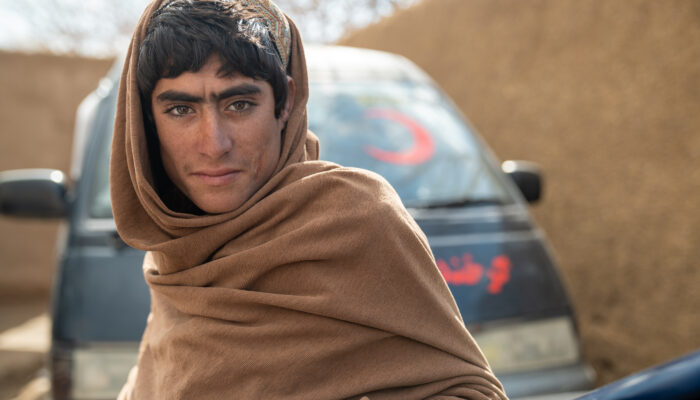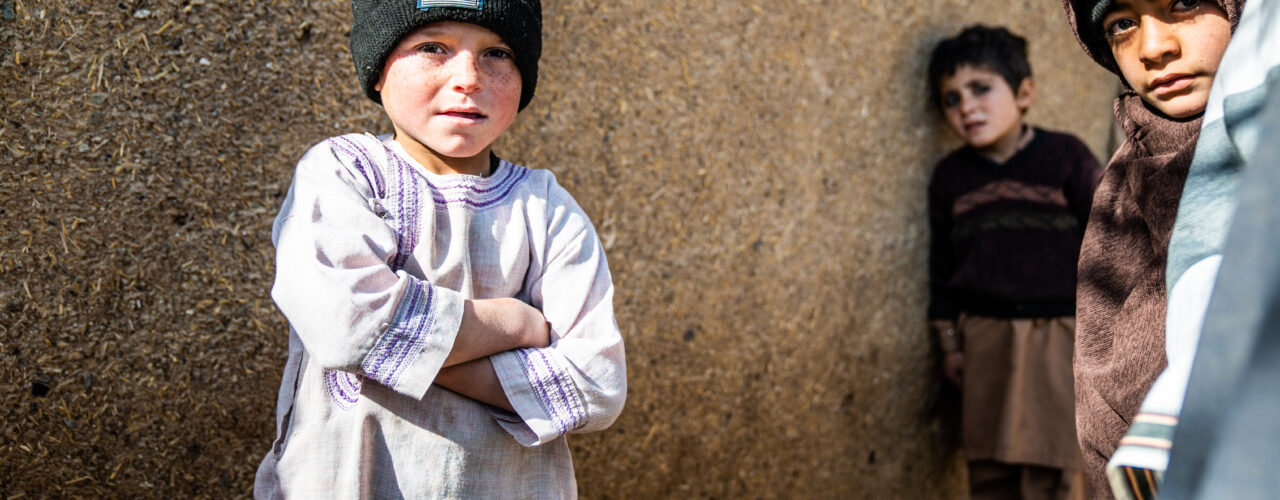About the Afghanistan series

Six questions about the sessions on Afghanistan
Laurie Bolling, intern at KUNO and Master Student Conflict Studies at Utrecht University, co-developed the Afghanistan series and provided for the reporting of the sessions.
A series on Afghanistan, can you explain why?
Many Dutch actors have been very involved in Afghanistan for more than two decades. Such a long period of presence in one region warrants thorough reflection. KUNO’s main focus is of course the humanitarian work, but humanitarian organizations do not operate in a vacuum. Especially not in a complicated context like Afghanistan. Cooperations between humanitarian organizations, development organizations, the military, the police and other actors were explored there. It is worthwhile to reflect on these 20 years and think about what we, as a coalition of Dutch efforts, can learn from this period. What did we do well? What did we do wrong? What lessons should we take to heart for future engagement in Afghanistan or elsewhere?
It is worthwhile to reflect on a period of 20 years of (humanitarian) assistance!
What are the topics that are discussed during the sessions about the work in Afghanistan?
We discuss a wide range of topics, because we really want to give the participants the opportunity to share anything that they think is relevant. Sometimes these are things that are very specific to one event or one group of actors, but often more general topics come up that transcend the boundaries between actors and concerns all of those involved in Afghanistan. We want to discern the lessons that were learned in Afghanistan, but also the good practices that should be continued in the future. It is important to not only focus on the negative aspects, but also allow time to reflect on what went well. We decided to not take the evacuation of the summer 2021 into account in our process. Although it is important and painful, we feel that it is somewhat separate from the 20 years of engagement that precede this event and deserves its own reflection.
With which organizations/NGO’s are these discussions?
So far we have had sessions with NGO’s, both humanitarian and development organizations, the Dutch military and the Ministry of Defense, the Dutch police and Dutch-Afghan diaspora organizations. We are currently setting up meetings with politicians, the Ministry of Foreign Affairs and with journalists.

What are the main points that have already emerged?
Some points that have already come up multiple times are the 3D approach (defense, development, diplomacy) on which the opinions are varied, the need for a long-term vision when engaging in such a difficult context (and the lack thereof in the case of Afghanistan), and the large influence of the Dutch political climate on funding, regions of focus, mandate etc.
What has impressed you the most?
There are two things that have really struck me during the evaluation sessions. First of all, the love and connection that those who have worked in Afghanistan still feel for the country, despite all its flaws and all the painful moments that people have experienced there. Most of those we speak to, are still very much involved with Afghanistan in terms of following the news, and find it difficult to see how the Taliban is breaking down what they build up together with the Afghans. The second thing that has impressed me is the willingness in all of our participants to reflect openly and critically, not only on each other but also on oneself or one’s own organization. This is extremely valuable and makes the quality of the evaluation that we are performing so much better.
There really is a willingness to learn and hopefully do better in the future!
Why is it important to look back on a period of humanitarian aid?
I think it is always important to look back at your work to see how it can be improved. As a humanitarian worker you want to be as efficient as possible in delivering your aid, be certain that you reach all those in need, and that your work does not have negative external effects. But when you are in the middle of it, it is hard to reflect on whether you are achieving all of this. Therefore, looking back on a period of aid is worthwhile and necessary.
You make sure that you will not repeat the same mistakes the next time you go there or somewhere else, and you can also identify the things that went well and that should be continued or installed in other programs.
Read more about the Afghanistan series here.
Answers: Laurie Bolling, Images: Marcel van der Steen
